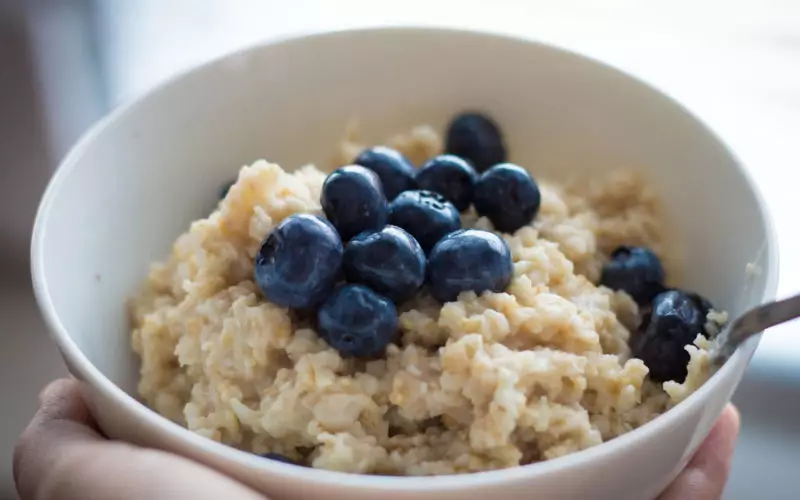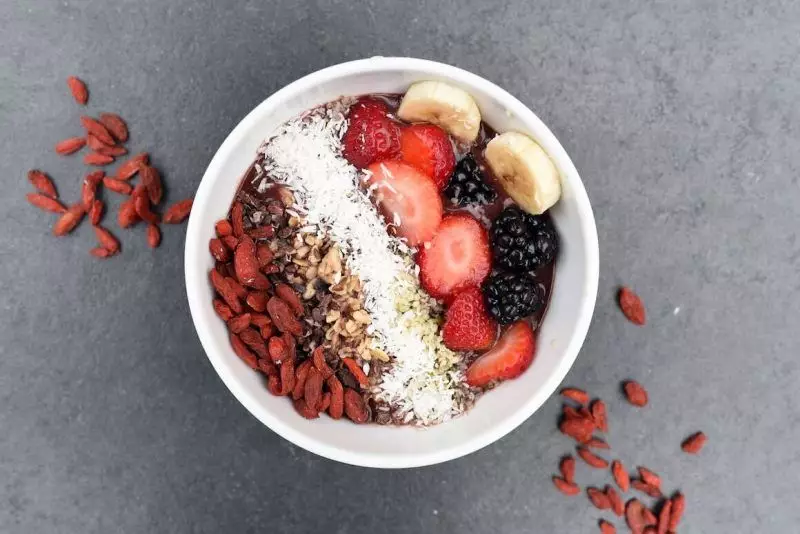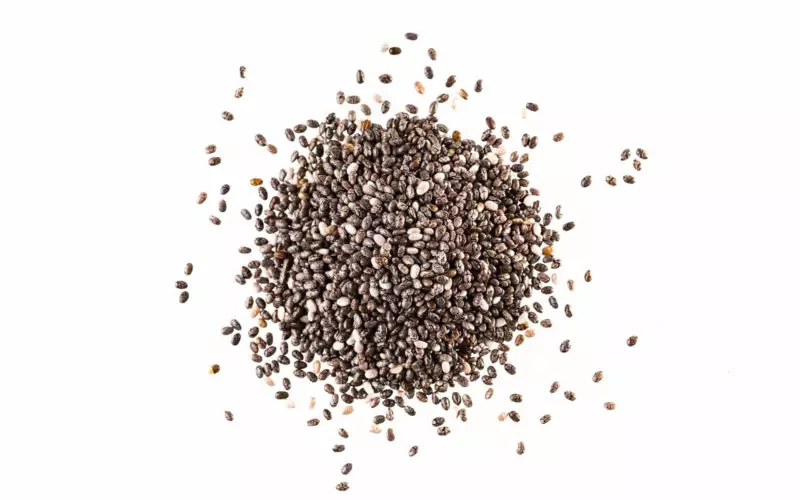
Are you a fan of East Asian-style food? Then you are most likely a fan of soy sauce!
Soy sauce is typically made from soybeans, wheat, salt, and fermenting agents (which often have other artificial additives as well). [1] But what if this condiment doesn’t fit into your eating plan or diet?
Many people who want to limit their soy, gluten, and salt intake may reach for coconut aminos instead of the regular soy sauce. But for many others, coconut aminos are just a mysterious condiment: What is it? What is the taste? Why do people take it? Is it good for you? Are there any risks?
This article will honestly answer these questions!
Let’s get started!
What is coconut aminos?
Coconut aminos is a condiment often used as a soy sauce substitute, which is made from 2 ingredients: fermented coconut sap (from the blossoms) and sea salt. [2] It tastes similar to soy sauce (not coconut!) but is slightly sweeter and less salty.
It doesn’t have impressive nutritional value, as it doesn’t contain significant amounts of vitamins, minerals, fiber, and fatty acids. What is worth looking at is the low glycemic load of coconut aminos (GL of 5 per 1 ounce or around 2 tablespoons of product, according to the website Nutrition Data), as well as the fact that it’s gluten-free, soy-free, and vegan, which makes this condiment highly suitable for people with different diet preferences. [3]
Furthermore, the website Nutrition Data suggests that 2 tablespoons of coconut aminos have about 50 calories and 1,118mg of sodium, compared to 2 tablespoons of soy sauce, which normally contain about 1,804mg sodium. [4]

Why take coconut aminos?
Even though there are no official scientific studies conducted on the safety of coconut aminos and its effect on different diseases, some sources suggest that this condiment may be a good soy sauce substitute for certain individuals due to its characteristics [2] [5] [6] :
- Soy-free: suitable for people who avoid or are allergic to soy. [7]
- Gluten-free: suitable for Celiac disease patients or people who are allergic or sensitive to gluten.
- Lower in salt: suitable for people who aim to reduce their salt intake. Such individuals may include those with edema, hypertension and/or kidney disease, as well as people who follow the DASH diet. [8]
- Vegan
- Lactose-free
These are some of our favorite coconut aminos:
Are coconut aminos good for you?
Many people buy coconut aminos with the mindset of consuming an alternative of soy sauce with additional health benefits.
Different web sources suggest that the consumption of this condiment may be associated with various health benefits, including heart health support, weight loss, improved cholesterol, and gut health. [2] [5]
Furthermore, the risks of coconut aminos consumption are not yet identified and evaluated, which means that associations of this substance with chronic, autoimmune, and other diseases are unknown.

What else to consider about coconut aminos?
Many aspects of coconut aminos’ consumption remain unclear. What we know is that this condiment can fit into more diet plans compared to soy sauce.
Another important thing should be mentioned here: Even though coconut aminos have significantly less salt than soy sauce, it should still be used sparingly to prevent excess sodium intake. Taking into account that the recommended daily allowance of sodium is 2,300mg (or about 1 teaspoon) [9], taking 4 tablespoons of coconut aminos per day may exceed this recommendation.
According to a 2011 study published in the Journal of Cachexia, Sarcopenia and Muscle, dietary supplementation with amino acids may reverse muscle catabolism (muscle loss), support muscle building, and restore effective immune function in the body. [10]
Having said that, the same source suggests that more research is needed to identify the risk of toxicity caused by amino acids supplementation. Combined with the lack of data in terms of the amino acids content in coconut aminos condiment, this makes it unclear whether long-term consumption of this product may pose significant health risks.








